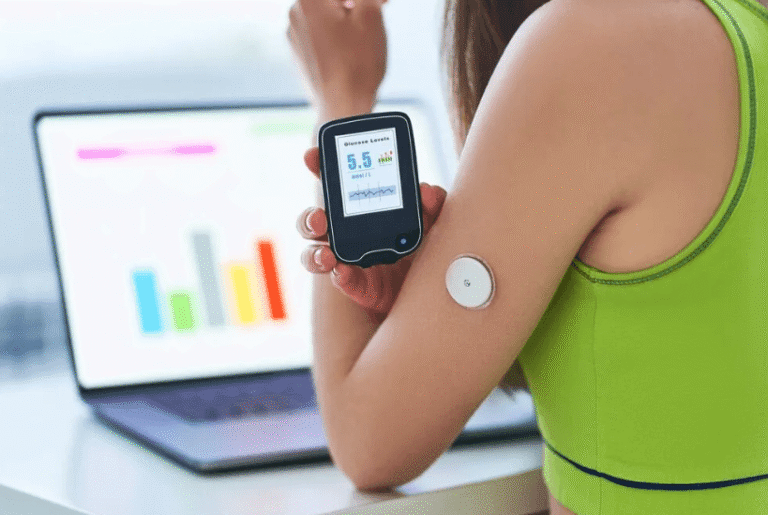Wearable technology is increasingly influencing healthcare monitoring by providing real-time insights into patients’ health. These devices facilitate continuous tracking, which can lead to timely interventions and tailored care strategies. Both patients and healthcare providers are reaping the benefits of enhanced communication and data-driven decision-making. However, the integration of wearables is not without its challenges, particularly concerning data accuracy and privacy. As the landscape evolves, the implications for patient care remain significant.
The Rise of Wearable Technology in Healthcare
As the demand for personalized healthcare solutions continues to grow, wearable technology has emerged as a pivotal force in health monitoring.
These devices enhance patient engagement by providing real-time data, fostering a proactive approach to health management.
Furthermore, the emphasis on data accuracy ensures that individuals can trust their health metrics, ultimately leading to improved outcomes and empowering patients in their healthcare journeys.
See also: How Wearable Technology Is Shaping the Future of Fitness
Benefits of Wearables for Patients and Providers
Wearable technology offers significant advantages for both patients and healthcare providers, enhancing the overall approach to health management.
With improved data accuracy, wearables facilitate real-time monitoring, allowing for timely interventions. This fosters greater patient engagement, as individuals actively participate in their health journeys.
Consequently, providers benefit from actionable insights, leading to more personalized care and improved health outcomes for their patients.
Challenges Facing Wearable Health Devices
Although wearable health devices promise transformative benefits in monitoring and managing health, they also face several significant challenges that hinder their widespread adoption.
Key issues include concerns over data accuracy, which can undermine trust in the technology, and the need for high user compliance to ensure effective monitoring.
These obstacles must be addressed to fully realize the potential of wearables in healthcare.
The Future of Healthcare Monitoring With Wearables
While the landscape of healthcare monitoring continues to evolve, the integration of wearable technology is poised to redefine patient care and health management.
These devices enhance remote patient monitoring, enabling real-time health data collection and analysis.
However, future advancements must address data security concerns to protect sensitive information, fostering trust among users and ensuring that wearables can truly empower individuals in their health journeys.
Conclusion
In the ever-evolving tapestry of healthcare, wearable technology emerges as a vibrant thread, weaving together the experiences of patients and providers. This fusion not only illuminates the path to proactive health management but also cultivates a garden of personalized care. While challenges like data accuracy and privacy loom like shadows, the promise of wearables shines brightly, heralding a future where healthcare monitoring flourishes, transforming lives with every heartbeat captured and every data point shared.

